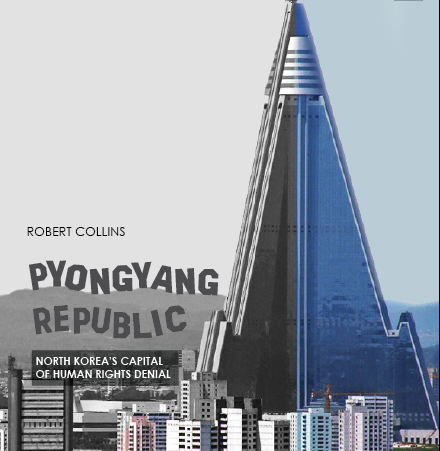
Pyongyang has served as the center of power in the northern half of Korea for two millennia. Today, it stands as the bastion of the most centralized political system in the world. North Korea’s capital city, situated astride the Taedong River, is the power center of the Kim family regime. Every resource that contributes to power, advantage or a better quality of life is centered in or managed from Pyongyang. Most importantly, the individuals who enable the Kim family regime to maintain political control are predominantly located in Pyongyang, with supporting elements in the provinces. The Korean Workers’ Party (KWP), the ruling party of North Korea, and all agencies of the government, security agencies, and military are headquartered in the capital city. It is where the institutions involved in the suppression of human rights maintain their centers of administration, policy, and decision-making. It is where the regime’s doctrine of ‘human rights denial’ is formulated, and it is where political evaluations of key regime officials are conducted. Because Pyongyang provides privilege and resources to those that serve the regime’s interests, North Koreans strive to live there. In doing so, they comply with the implementation of human rights denial in their personal performance and political participation.